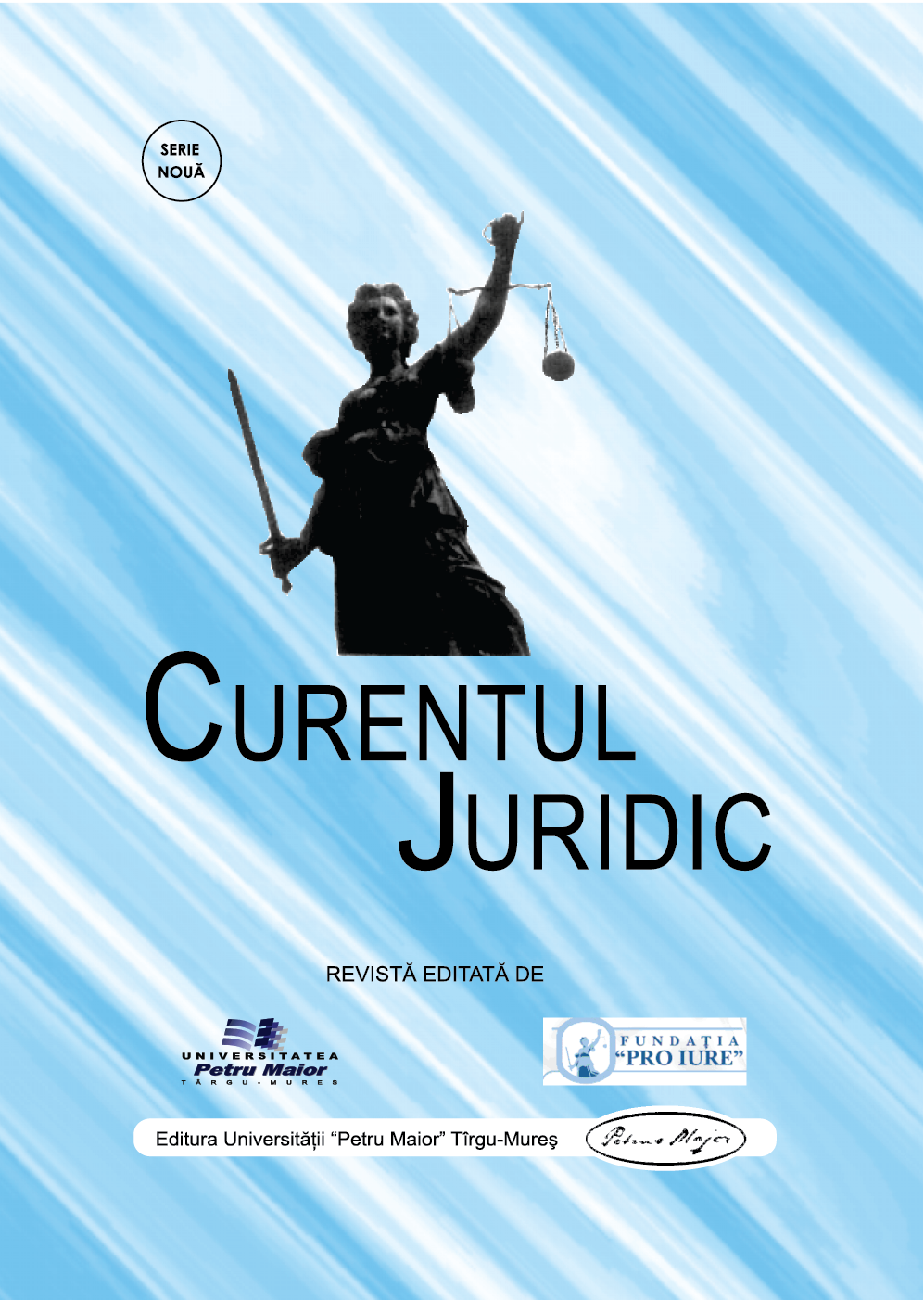THE RIGHTS OF NATURE. A NEW PARADIGM (II)
THE RIGHTS OF NATURE. A NEW PARADIGM (II)
Author(s): Lucreţia Dogaru, Antonia Diana DogaruSubject(s): Law, Constitution, Jurisprudence, Constitutional Law, International Law, Human Rights and Humanitarian Law, Environmental interactions, EU-Legislation
Published by: Editura University Press, Universitatea de Medicina, Farmacie, Stiinte si Tehnologie “George Emil Palade” din Targu Mures
Keywords: Earth jurisprudence; Rights of Nature; litigation; environment; ecosystem protection;
Summary/Abstract: We pointed out in the first part of the paper that the ecological destruction comes from anthropocentric visions on nature, perceived by humans and corporations only as a natural resource available for exploitation. From this perspective, people appear as separate subjects and superior to Nature and, consequently, its exploitation and degradation to increase the availability of resources, is as legitimate as can be. For such reasons, moving to an eco-centric perspective, based on the understanding that humans are an integral part of Nature is important, and shows that human well-being derived from ecosystems cannot be achieved and maintained to the detriment of ecosystems. Despite all the obstacles we point out in this study, the idea of the Rights of Nature has progressed, as so many countries and jurisdictions have recently adopted rules of law and decisions involving the granting of legal rights to nature, to ecosystems. Not only the successful lawsuits, constitutional changes from many countries and successful trials, as well as attempts at a draft legal definition of ecocide by renowned jurists of the International Criminal Court, indicate that the Rights of Nature, a concept rooted in indigenous worldviews, is extended into environmental criminal jurisdiction. Legislatures and Courts are increasingly extending legal personhood to some environmental factors and to entire ecosystems, granting them a right not to be harmed and placing them on the same legal level as corporations, which being accused of environmental degradation, are given a new enforceable obligation to care for nature. Regarding the European Union, we show that, although several decades have passed since the adoption of the first environmental laws and policies, environmental destruction continues and climate change is happening and having extraordinary impacts on ecosystems and human life. Circumstances in which, in the light of international developments, the EU has begun to shift its narrative and paradigm through significant efforts to explicitly recognize Nature's right to exist, to persist, to maintain and to regenerate its life cycles. In this regard, we will set out the position of the European Union in the legislative approach to the issue of recognizing the rights of nature (Caduci & others, 2019).
Journal: Curentul Juridic
- Issue Year: 90/2022
- Issue No: 3
- Page Range: 68-77
- Page Count: 10
- Language: English

